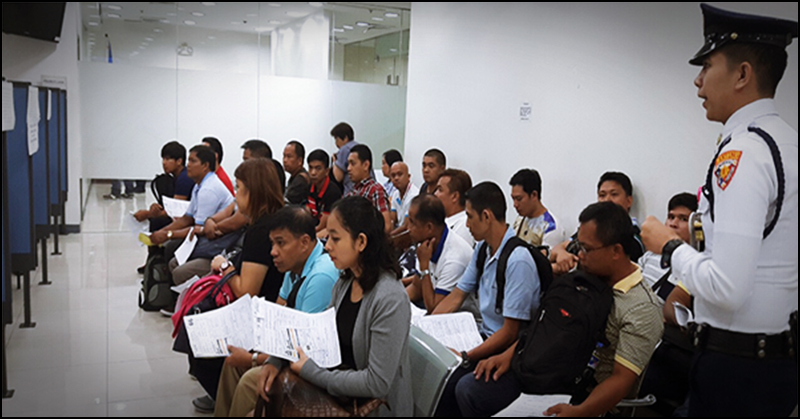With the support our overseas Filipino workers (OFWs) are getting from the present administration, as shown in the initiatives President Duterte is pushing for this sector, it’s quite easy to see how the Philippines is becoming – little by little – a more “global” nation.
And this should be a great thing not only for OFWs but for every Filipino who wishes to travel the world. As the government continues to improve systems and processes related to emigration and travel, there’s no better time to see the world than now . . .

DFA Replaces Red Ribbon Documents with ‘Apostille’
Even recently, the Department of Foreign Affairs (DFA) no longer issues Authentication Certificates with “red ribbon”, instead an Apostille is now being affixed to documents for use abroad as a proof of authentication, as shared in a report by the Philippine Information Agency.
What is an “Apostille”?
Get used to the new term because this will be replacing the “red ribbon” that we apply for authentication of our travel documents abroad.
An Apostille is a certificate that authenticates the origin of a public document, exactly just what a “red ribbon” does. However, an postille is issued by a country that is party to the Apostille Convention to be used in another country which is also affiliated to the Convention.
On May 14, the Hague Convention Abolishing the Requirement of Legalization for Foreign Public Documents (Apostille Convention) was officially adopted in the Philippines.
Through the Apostille Convention, foreign public documents from Apostille-contracting countries no longer require authentication abroad by Philippine Embassies and Consulates General in order to be recognized and accepted in the Philippines.
In the same way, Philippine public documents do not need to undergo diplomatic or consular authentication in order to be used abroad in fellow Apostille-contracting countries.
How It Works
Simply put, the Apostille Convention only applies if both the country where the public document was issued and the country where the public document is to be used are parties to the Convention.
The Apostille simplifies the whole authentication procedure of documents for use abroad resulting to more convenience, less cost, and processing time for the applicants.
Prior this change, a Philippine document to be used abroad will need certification by the relevant government agency or office, authentication (“red ribbon”) by the DFA, and legalization by the Embassy of the country of destination – all of which
With the Apostille, documents will no longer require legalization by the Foreign Embassy if the country or territory of destination is already a member of the Apostille Convention. Once Apostillized, by the DFA, the document can be validly used in any and all Apostille-contracting countries, as shown below:
GOODBYE RED RIBBON, HELLO APOSTILLE!
Effective today, the DFA will no longer issue Authentication Certificates with “red ribbon”, and will instead affix an Apostille to documents for use abroad.
Learn more via this Q&A: https://t.co/0UrDhx02QF#PHApostille#DFAinACTION pic.twitter.com/cPdCCNsPpU
— DFA Philippines (@DFAPHL) May 14, 2019
Aside from countries that are not yet covered by the Apostille Convention, the Philippine Apostille will also not apply to Austria, Finland, Germany and Greece. As per regulations, documents from and to such countries will still require legalization by their Embassy or Consulate in the Philippines.
ALSO READ: Job Openings in Germany, Saudi Arabia for Filipino Nurses
The DFA Office of Consular Affairs shall be the competent authority responsible for the implementation of the Apostille Convention. Moreover, the Supreme Court will play an important role in this transition since the Convention would require the amendment of certain provisions of the Rules of Court regarding the use of foreign public documents.
Here is a short video shared by the DFA via their YouTube Channel to explain the new change in the document processing for travel overseas: